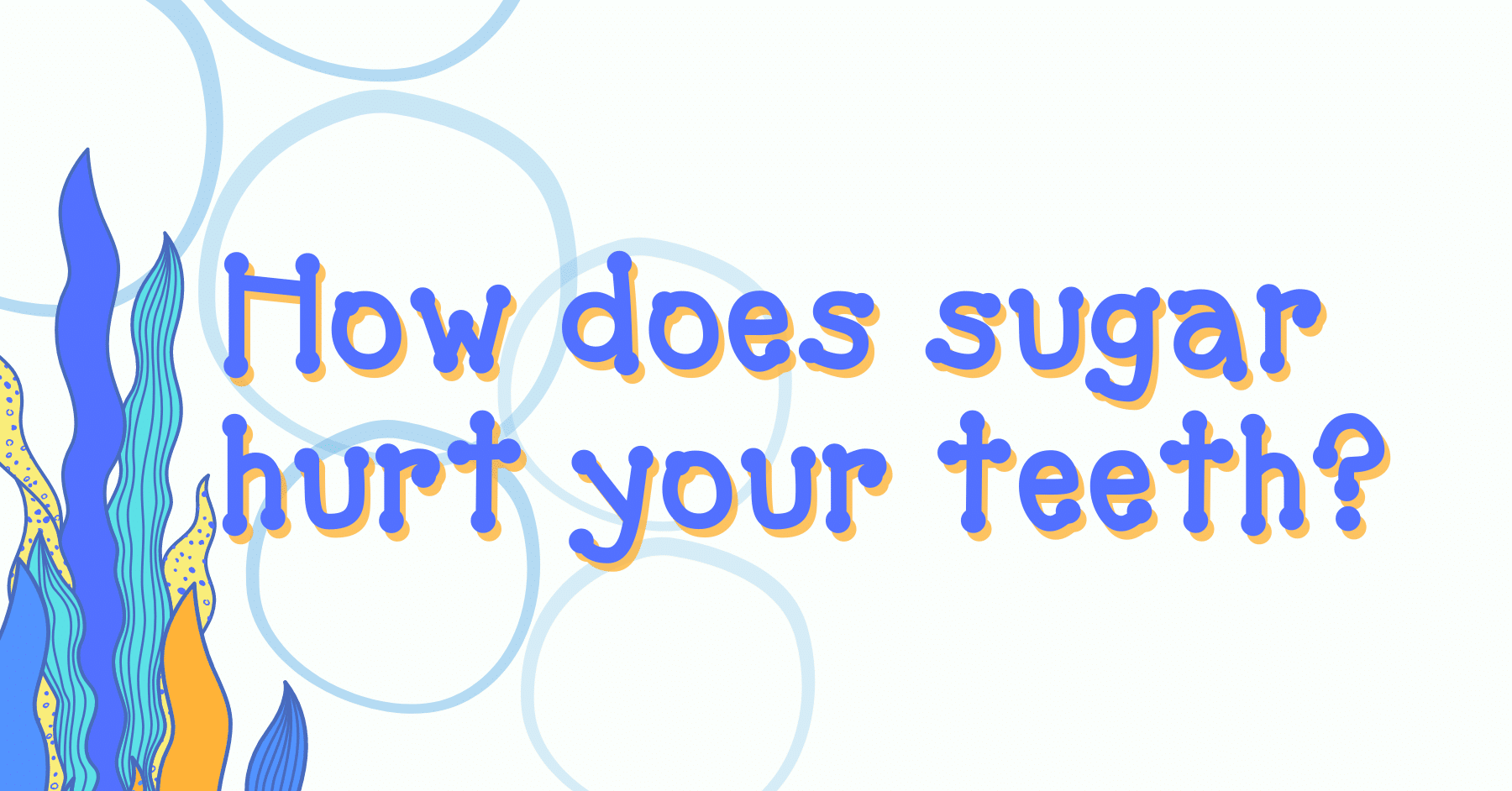Did you know that around 26% of adults in the United States alone suffer from tooth decay? While tooth decay is common in adults, it often starts in childhood and is rooted not only in ignoring dental hygiene practices but also consuming too much sugar.
While any pediatric dentist will recommend that children shouldn’t eat too much sugar, why is that the case? What does sugar have to do with tooth damage? If you’re asking yourself these questions, you’ve clicked on the right article to find your answers.
To start, let’s take a closer look at sugar consumption and how it can be so detrimental to a child’s dental health.
What Does Sugar Do to Teeth?
Children love sugar, as do adults. However, sugar in large amounts is never a good idea if you’re concerned about your child’s dental care. Even supposedly healthy snacks for children tend to have a lot of sugar which can result in damage to your child’s teeth.
This is especially true if your child doesn’t brush his or her teeth at least twice a day or after every meal. The reason sugar is so bad for teeth is that there are various species of bacteria that live in your mouth that love to eat up sugar remnants. When the bacteria consume sugar, they secrete acid as a byproduct.
This acid is weak enough that it won’t cause you any pain, but it will certainly damage your teeth over a period of time. Teeth are covered in enamel which is one of the hardest tissues in the human body. It is important for keeping your teeth strong and protecting the nerves inside the deeper layers of your teeth.
However, even enamel, as strong as it is, can sustain damage over time. If your child rarely brushes his or her teeth and does not often go in for the occasional dental check-up or pediatric cleanings, tooth decay and cavities won’t be far away. This is because as the bacteria in a child’s mouth produces acid, this acid is not brushed away with a toothbrush but instead left to sit around on teeth.
The problems don’t stop there, however. The longer dental hygiene is ignored, the worse dental problems will occur.
Complications of Sugar and Tooth Decay
Tooth decay often starts off so slowly that you may not realize that your child has a problem. However, as tooth decay progresses, your child may start complaining of pain or tooth sensitivity. This is because as the acid in the mouth eats away at tooth enamel, the enamel becomes thinner and thinner until it is no longer able to properly protect the sensitive nerves inside the teeth.
If you’ve ever had sensitive teeth, you know how painful it can be when eating or drinking very hot or cold substances. Tooth sensitivity is only the first stage of tooth decay.
Eventually, cavities will form. When cavities first start to form, they often look like little white dots on the surface of teeth. As they get worse, these areas will turn yellow, brown, or black.
Then, these areas can eventually turn into holes. As cavities dive deeper into a tooth, they will eventually near the nerves inside the tooth and start to cause pain. It is important to have a dentist in your area treat the cavity at this point, if not before, since the pain could get worse and an infection could occur.
In severe cases of tooth decay, tooth loss might occur. This might not be a big problem if your child only has baby teeth, but tooth decay can quickly start to affect adult teeth as soon as they emerge. So, what should your child do in order to keep his or her teeth healthy?
How to Keep Your Child’s Teeth Healthy
If your child is too young to brush his own teeth, you’ll have to take the responsibility instead. You should try to brush your child’s teeth at least twice every day, if not after every time you feed him. You should use a toothbrush with soft bristles so the bristles won’t scrape away at your child’s tooth enamel.
Also, you should limit your child’s intake of sugar. It is recommended that children should not consume more than 25 grams of sugar every day. More sugar than this is not only bad for your child’s teeth but overall health as well.
More than that, the less sugar your child consumes, the less sugar the acid-producing bacteria in your child’s mouth will have to eat. However, eliminating sugar does not mean that your child should ignore basic dental practices. Food other than sugar can also damage teeth over time.
Once your child is old enough to brush his own teeth, show him how to brush his teeth and make sure he brushes at least twice per day. Flossing is also important, especially once your child’s adult teeth emerge. This is because flossing reaches the parts of the teeth that a toothbrush alone can’t reach.
By following these practices, and by taking your child for dental cleanings once or twice every year, your child’s teeth should be perfectly healthy.
Visit a Pediatric Dentist
By the end of this article, you should know all about how sugar can damage your child’s teeth. By making sure your child takes good care of his teeth and by taking him to your pediatric dentist regularly, your little one will have a happy and healthy smile for a long time to come.
To learn more, contact us here.



